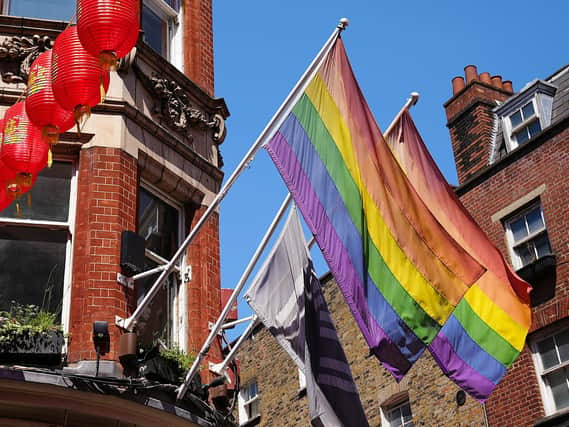It's time to celebrate LGBTQ+ communities all around the world - Helen Westerman


June is Pride month, a time to celebrate LGBTQ+ communities all around the world. Why not celebrate this June and take this opportunity to talk to all children about how they should treat people online, being kind to others and respecting their choices. Understandably, the pandemic means a lot of planned events will have to be online for the second year in a row but the internet is able to help us keep connected and, still in some way, mark important anniversaries or events. Even before the first lockdown the internet has always offered children and young people, including the LGBTQ+ community and allies, a space where they can find a sense of belonging and community, a space where they can explore their own identity.
But it can also be a place where they are exposed to bullying or inappropriate content. We want all children to be able to have a safe and positive experience when they go online, but we know that some children are more at risk of having a negative experience than others. On Net Aware, our co-created website with O2, we have shared some advice for parents and carers with a focus on some of the potential harms children who identify as LGBTQ+ may face online. When putting this advice together we spoke to the charity Stonewall, who support individuals to be their authentic selves. They told us about the positives of being online for children in the LGBTQ+ community - that it can be a place to find role models and crucially it can be a source of hope. It’s such a little word, but immense in its meaning.
Advertisement
Hide AdAdvertisement
Hide AdChildren and young people may share photos or other content, make friends with similar interests, look for and give support and find a sense of community, or belonging. But they also might see or experience abusive comments or language, bullying or be asked to share personal and private photos. As parents and carers, it is important to remain calm and actively listen when children talk about their experiences online, good or bad. My key advice would be to reassure your child that you are on their side and here to support them, and that they can talk to you about things online as well as offline. Explore together how to report and block comments and users on their favourite apps, so that they know what to do if they experience hurtful comments. You can find out how to do this, information about your child’s wider online world, and the most popular apps, sites and games they’re using at www.net-aware.org.uk.